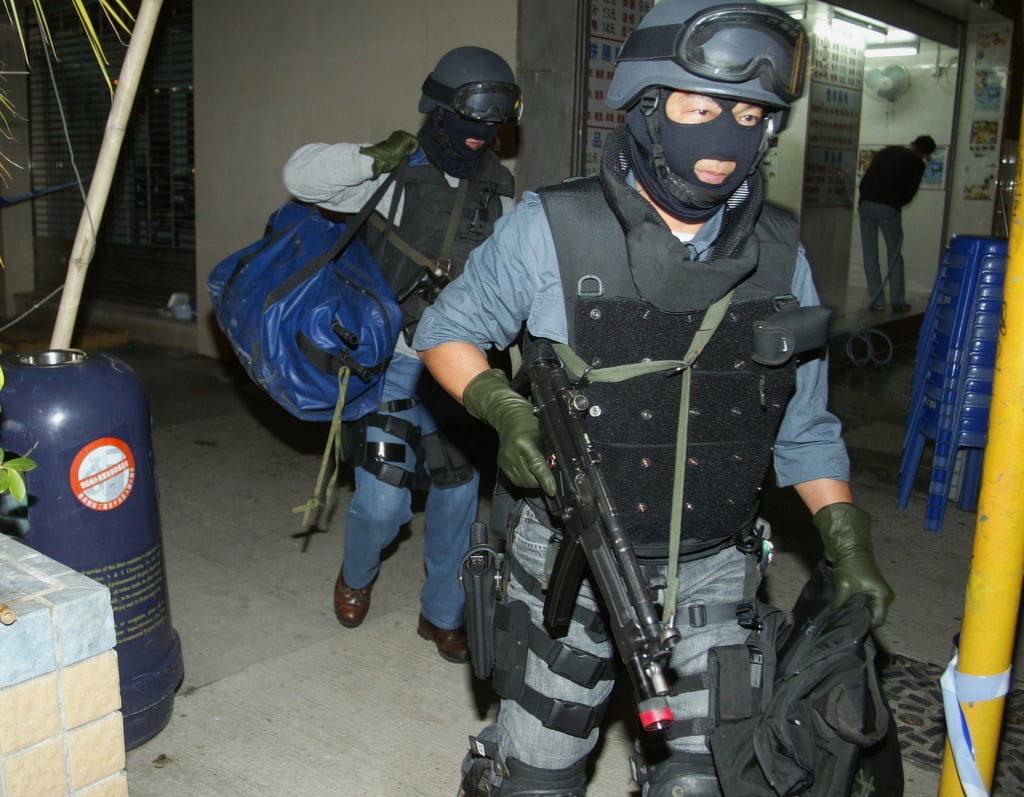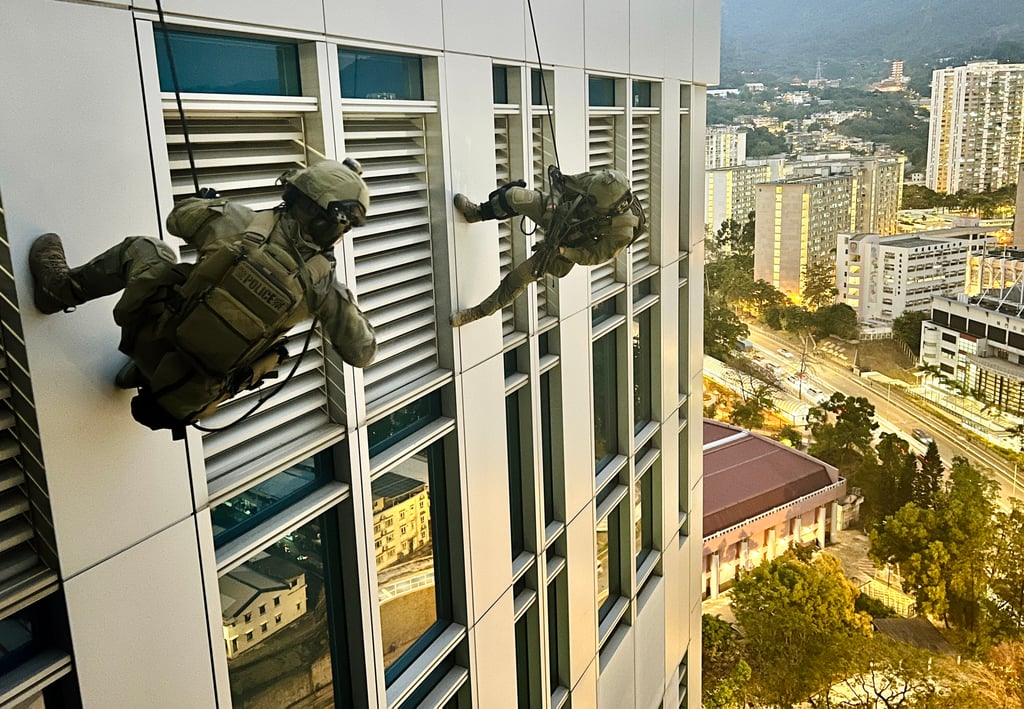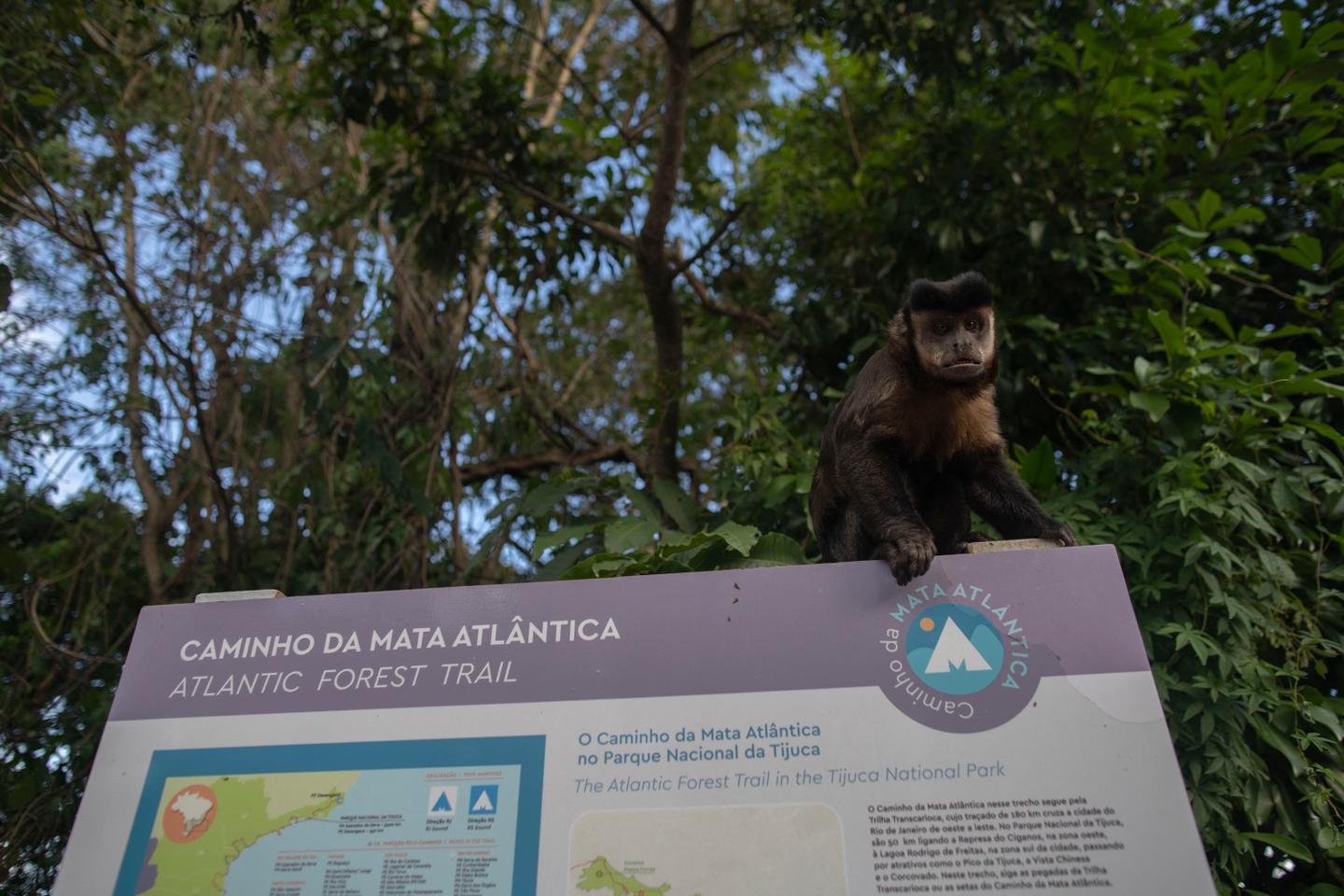Hong Kong police unit ‘Flying Tigers’ vows to keep claws sharp after 50 years of missions – Technologist
Considered one of the most elite and secretive units within the force, the squad was established in 1974 to conduct high-risk counterterrorism operations.
The move was prompted by the Munich massacre two years earlier, when 11 Israeli athletes were killed by the Palestinian terrorist group Black September during an attack and botched hostage situation as the German city hosted the Olympic Games.
The spokesman said the special duties unit had about 30 members in the early 1970s, but did not disclose the squad’s current numbers.
Previous Post reports put the figure at around 100 members on constant standby as of 2014.
In 1978, the unit received support from Britain’s Special Air Service to help boost its training, tactics and equipment.
“Our unit has become sharper since 1978,” a headquarters station sergeant with the unit, surnamed Yu, said.
“Until now, we have developed various techniques and more sophisticated equipment, which are better suited to our unique environment in Hong Kong and capable of holistic combat operations.”
Yu, who has served in the unit for more than 20 years, said terrorist threats had shifted from the large-scale kidnappings and plane hijackings of the past to situations such as lone-wolf attacks, car-based suicide bombings and mass killings.
The spokesman said the unit had also adopted new technologies to improve their operational efficiency and safety, while also focusing on heightening the squad’s mobility to improve deployment strategies and its emergency response speed.
“We are determined and capable of ensuring that if terrorist attacks occur, no matter in what form, as well as serious gun or explosive crimes happening anywhere in Hong Kong, the special duties unit will be able to respond immediately, intervening with force to remove the threat and defend our home,” he said.
Members of the units are always masked when conducting missions and their identities are kept secret from family and friends to prevent any operational leaks or revenge attacks.
The Flying Tigers differs from other elite police squads because of its “hell week” selection round, which sees candidates undertake physically demanding tasks with minimal rest while carrying equipment and supplies.

Those who pass that round will then undergo another nine months of training before they can become a Flying Tiger.
Yu said he still recalled his own “hell week” with much trepidation.
“Since it was already the fourth day, I was already exhausted without sufficient rest or proper meals,” he said.
“During the process, I felt my body shivering as I swam, plodding on while bearing the feeling of hypothermia. When I finished the swim and reached the shore, my body was basically numb from the cold, it could only tremble.”
He said he remembered being given a cup of hot water to warm up after his 2km (1.2 miles) swim in the sea, but his hands shook from the cold which meant the scalding liquid spilled over his numb fingers.
The first 48 hours of hell week also require candidates to complete intense fitness tests, before facing group challenges and activities that screen for those afraid of heights or water in the days after.

As the week draws to a close, the potential recruits are formed into groups to conduct a counterterrorism simulation that tests their communication and strategic skills, with officer-grade candidates expected to showcase their leadership capabilities.
“I just told myself it would be fine if I kept hanging on for a while more, just a while more if I could keep persevering. I absolutely could not give up,” Yu said.
“It was with this determination that I passed one round after another, reaching my dream at the end.”
He also revealed the unit gained its nickname from press coverage of a successful operation in 1984 to arrest four robbers behind the theft of HK$5 million from Po Sang Bank, with police and the criminals exchanging gunfire in a stand-off that lasted nearly 30 minutes and saw more than 60 shots fired.
According to archival reports from the Post, the Flying Tigers were believed to have been deployed to blow open the iron gate and wooden door of the Tai Hang flat where the robbers were staying.
The unit at the time already supported a winged tiger as its emblem to signify speed and strength, which coincided with the new moniker.


